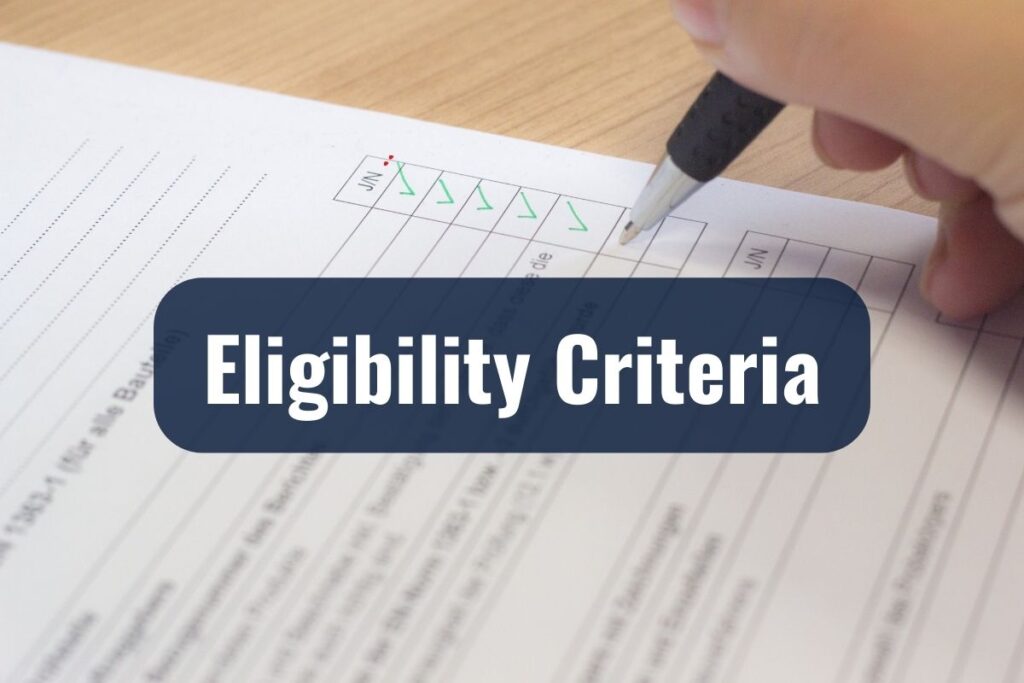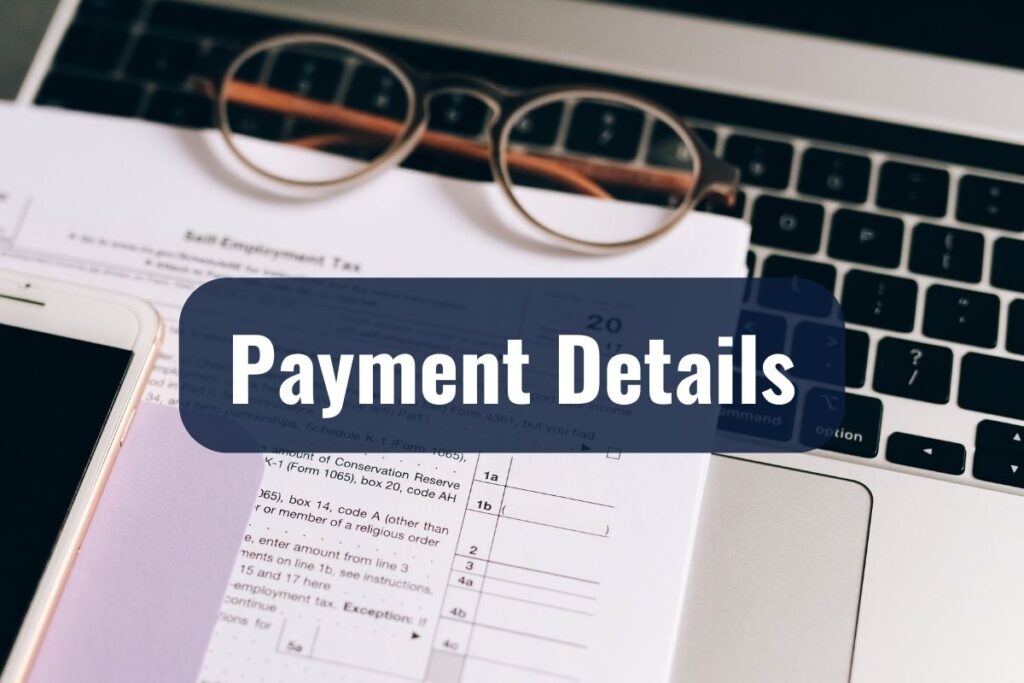If you’re residing in Germany, the country offers various child benefits that can significantly lighten the financial load. It’s like Germany’s warm, welcoming hug to parents—just what you need when settling into a new environment.
Understanding child benefits in Germany is not only crucial for better financial planning but also for ensuring your family takes full advantage of the welfare programs available to you.
Key Takeaways
- Germany offers multiple types of child benefits, such as Kindergeld, Elterngeld, and Kinderzuschlag.
- Eligibility for these benefits can vary but generally includes residents and workers in Germany.
- The application process involves specific forms and supporting documents, often submitted to local family benefits offices.
- Payments are usually made monthly and directly into a German bank account.
- Keep abreast of deadlines and inform agencies of changes in your family situation to maintain your benefits.
Eligibility Criteria

Who Can Apply? Unpacking the Basics
You might wonder, “Do I qualify for any of these benefits?” It’s a valid question and probably one of the first that comes to mind.
Residency Requirements
First things first: you need to be a resident of Germany to access child benefits. This includes EU citizens, nationals from the European Economic Area (EEA), and in some cases, even non-EU citizens with a valid residence permit.
Age Limit for Children
The benefits are generally available for children up to the age of 18. However, if your child is unemployed and still in school or vocational training, the benefits can extend up to the age of 25.
If you’re a parent of a child with disabilities who can’t support themselves, there’s more good news—you may receive benefits regardless of your child’s age.
Additional Eligibility Factors
While residency and age are the main pillars, some additional factors may come into play depending on the specific type of benefit you’re applying for. For instance, your income level might be a determinant for benefits like Kinderzuschlag (child supplement).
Does My Employment Status Matter?
A common question among expats is whether their employment status affects eligibility. Generally speaking, as long as you fulfill the residency requirements, your employment status is not a barrier. This is reassuring news for parents who might be between jobs, freelancing, or staying at home to care for their children.
What If I’ve Just Moved to Germany?
Newly arrived expat families might wonder how soon they can apply for child benefits. The answer is straightforward: You can apply as soon as you and your family have registered your residence in Germany. No waiting periods and no red tape—just another way Germany makes it a bit easier for families like yours.

Types of Child Benefit in Germany
| Type of Benefit | Where to Apply | Payment Frequency | Key Documents Required |
| Kindergeld | Local Familienkasse | Monthly | Passport, proof of residence, and child’s birth certificate |
| Elterngeld | Local Elterngeldstelle | Monthly | Earnings statements, proof of residence, and the child’s birth certificate |
| Kinderzuschlag | Local Familienkasse | Monthly | Proof of income, record of other benefits, identity and residence documents |
The Trio of Support: Kindergeld, Elterngeld, and Kinderzuschlag
Parenting is rewarding, but let’s face it—it’s not always a walk in the park. Germany understands this well and offers not just one but three main types of child benefits to make your life a bit easier.
Three kinds of financial support are aimed at taking some weight off your shoulders. Each serves a different purpose.
Kindergeld: The Universal Child Benefit
Imagine receiving a monthly sum just for being a parent. That’s precisely what Kindergeld, or child allowance, is all about. It’s a universal benefit provided by the German state to support families. Kindergeld is granted per child and varies in amount depending on the number of children you have.
The application process is generally straightforward, and the money usually goes directly into your bank account. This benefit is designed to help you cover the basic costs associated with raising a child, like food, clothing, and school supplies.
Elterngeld: Parental Leave Support
If you’ve just welcomed a new bundle of joy into your life, first of all, congratulations! Secondly, you might be interested in Elterngeld, or parental allowance. This benefit supports parents who take time off work to care for their newborn or newly adopted child.
Elterngeld is a temporary benefit that can be received for up to 14 months, and its amount is calculated based on your net income before the child’s birth or adoption. It’s like Germany’s way of saying, “Go ahead, bond with your little one—we’ve got your back financially.”
Kinderzuschlag: The Child Supplement
Last but definitely not least, we have the Kinderzuschlag, also known as the child supplement. This benefit is specifically aimed at low-income families who might need a bit more financial support but already receive Kindergeld.
The Kinderzuschlag is an additional monthly payment that supplements the Kindergeld, offering a more comprehensive financial safety net for your family.
How to Apply

Ready, Set, Apply: Your Step-by-Step Guide
The application process might seem daunting, especially if you’re navigating a system in a new country. Here’s your empathetic step-by-step guide to making the application process as smooth as your child’s favorite lullaby.
Kindergeld: Starting Off on the Right Foot
Where to Apply:
Kindergeld applications are handled by your local Family Benefits Office (Familienkasse), which is often part of the Federal Employment Agency (Agentur für Arbeit).
Required Documents:
You’ll need some crucial documents, including your passport or ID, proof of residence, and your child’s birth certificate. For non-EU citizens, a residence permit might also be necessary.
Application Process:
After gathering the necessary documents, you’ll fill out a Kindergeld application form, which is available in various languages, including English. Once completed, submit it along with the required documents to your local Familienkasse.
Elterngeld: For Those Special First Months
Where to Apply:
Applications for Elterngeld should be submitted to your local Elterngeldstelle, a specialized office that handles parental allowance claims.
Required Documents:
Here, you’ll need your earnings statements, proof of residence, your child’s birth certificate, and sometimes a letter from your employer detailing your parental leave.
Application Process:
Much like Kindergeld, you’ll need to fill out a form and submit it along with the required documents. The form will ask for specifics about your employment and the division of parental leave between both parents, if applicable.
Kinderzuschlag: Extra Support for Those Who Need It
Where to Apply:
Applications for Kinderzuschlag should also be submitted to your local Familienkasse.
Required Documents:
You’ll need to provide proof of income, a record of other benefits received, and the usual identity and residence documents.
Application Process:
The application for Kinderzuschlag is another form-filling exercise, but this one focuses more on your family’s financial situation. You’ll need to provide details about your income and any other benefits you may already receive, like Kindergeld.
Payment Details

When, Where, and How: The ABCs of Child Benefit Payments
You’ve filled out the forms, gathered your documents, and submitted your applications. And now, like a kid eagerly waiting for dessert, you’re wondering when and how the payments will come through.
When Will You Receive the Payments?
For most child benefits like Kindergeld, payments are usually made monthly, directly into your bank account. It’s a relief to know that you can count on this regular financial support.
Elterngeld payments also come monthly, but remember, they are for a limited period—usually up to 14 months from the birth or adoption of your child. As for Kinderzuschlag, this supplement is also generally paid monthly, often along with your Kindergeld, making it easier for you to manage your finances.
Payment Method Options
You might be wondering if there are other ways to receive the payments. In Germany, the primary method is direct deposit into a bank account.
However, options like checks or cash payments are typically not offered. So, if you haven’t yet opened a German bank account, now’s a good time to do so.
Check out our previous blog article about the minimum wage in Germany.
Tax Implications: What You Need to Know
Child benefits in Germany are generally not taxable, but they are part of your income that will be considered when calculating your income tax rate—a process called “Progressionsvorbehalt.”
Don’t let this long German word scare you off; it just means that while the child benefits themselves are tax-free, they could influence the rate at which your other income is taxed.
Important Points to Remember
Being a parent can sometimes feel like juggling a dozen balls in the air. Amidst the daily whirlwind of feedings, school runs, and bedtime stories, it’s easy to forget some of the nitty-gritty details, especially when it comes to something as bureaucratic as child benefits. Here are some crucial points to keep in mind as you navigate the German child benefit landscape.
Keep Your Documents Updated and Handy
Let’s face it—paperwork isn’t the most exciting part of parenting, but it’s essential. Make sure to keep all required documents updated and in a safe place. This includes residency permits, passports, and any changes in family circumstances like a new birth or school enrollment forms for older kids.
Communicate Any Changes Promptly
Life changes, and when it does, make sure you communicate any alterations in your family situation to the respective agencies. Whether you’ve had a new baby, your older child has left school, or you’ve moved to a new address, these are all changes that could affect your benefits.
Mind the Deadlines
Whether it’s the Elterngeld that requires application within the first three months after childbirth or the periodic updates needed for Kinderzuschlag, deadlines are not to be ignored. Mark them on your calendar, set reminders on your phone, and do whatever you need to keep those dates front and center.
Be Open to Seeking Help
Navigating a new country’s system can feel like deciphering a puzzle sometimes. Remember, it’s okay to ask for help. Many cities offer family centers, expat services, and even multilingual assistance to guide you through the application process. Leverage these resources; you’re not in this alone.
With these critical points in your back pocket, you’re more than just a parent—you’re a super-parent, ready to tackle the complexities of German child benefits with ease and confidence. And that, dear parent, is a win not just for you, but for your whole family. So go ahead, embrace the support Germany offers. Your family deserves it, and so do you.
Common Questions
Can Both Parents Apply for Benefits?
The answer for Kindergeld is straightforward: it’s usually paid to one parent. However, parents can decide between themselves who will receive the benefit. For Elterngeld, both parents have the opportunity to claim parental allowance and can even share the benefit period, dividing the 12 to 14 months as they see fit.
What If My Child Lives Outside Germany?
If the child lives within the EU or the EEA, you are generally still eligible for Kindergeld. However, specific conditions apply, and the benefit might be adjusted based on the cost of living in the child’s country of residence.
What’s the Impact on Other Benefits?
Generally, Kindergeld is not counted as income when calculating these other benefits, but Kinderzuschlag might be. It’s always a good idea to consult with the respective agencies to understand the complete picture.
Do I Need to Reapply Every Year?
No need for annual paperwork marathons—once you’re approved for Kindergeld, you generally don’t need to reapply each year. However, you will need to inform the Familienkasse of any significant changes in your situation, like moving abroad or a change in your income for benefits like Kinderzuschlag.
German Federal Employment Agency: Provides comprehensive information about Kindergeld.
Federal Ministry for Family Affairs: Offers extensive details about Elterngeld and other family-oriented benefits.
Caritas: Offers legal and social advice in many languages.